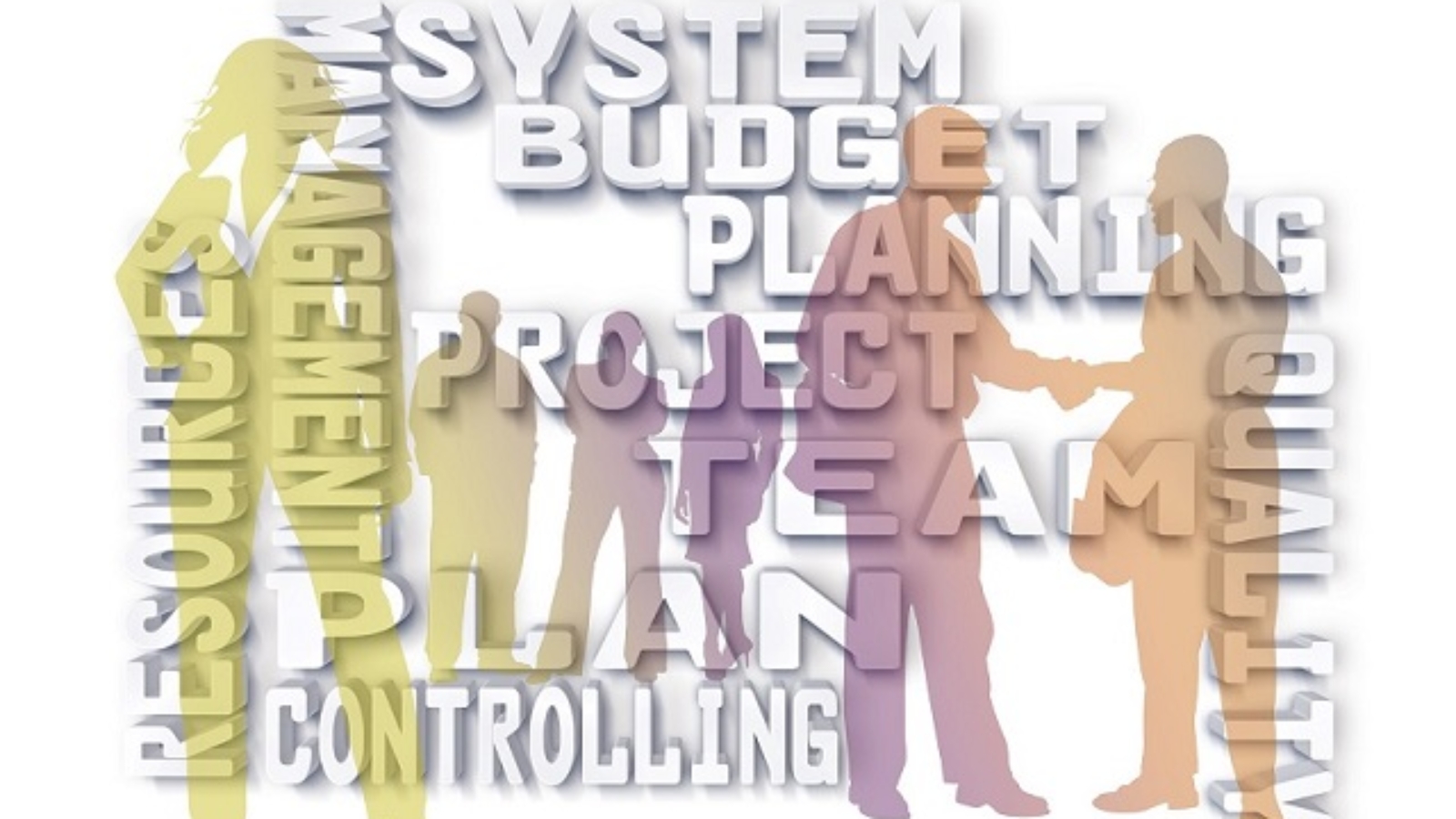Budgeting is the process of creating a detailed financial plan that outlines your income and expenses over a specified period, typically on a monthly or annual basis. The primary purpose of budgeting is to track and manage your finances, ensuring that you allocate your resources effectively and meet your financial goals. Here are the key components and objectives of budgeting:
Income:
The budget starts by listing all sources of income, such as your salary, rental income, investments, and any other money you receive regularly.
Expenses:
Expenses are categorized into different categories, including fixed expenses (like rent or mortgage payments), variable expenses (such as groceries or utilities), discretionary spending (entertainment, dining out), and savings or investments.
Financial Goals:
Budgets often include specific financial goals, such as saving for a vacation, paying off debt, building an emergency fund, or investing for retirement. Allocating funds towards these goals is a crucial part of the budgeting process.
Balancing Income and Expenses:
The goal of budgeting is to ensure that your total income exceeds your total expenses. This means that you have money left over for savings and achieving your financial goals.
Tracking and Monitoring:
Once you’ve created a budget, it’s essential to track your actual income and expenses regularly. This helps you stay on top of your financial situation and make adjustments if necessary.
Financial Discipline:
Budgeting encourages disciplined financial behavior. It can help you avoid overspending, make informed spending decisions, and prioritize your financial goals.
Emergency Preparedness:
By allocating funds for an emergency fund in your budget, you can prepare for unexpected expenses or financial setbacks.
Debt Management:
It can be a valuable tool for managing and reducing debt. You can allocate extra funds toward paying down high-interest debts, such as credit card balances.
Long-Term Planning:
Budgeting isn’t just about short-term financial management. It can also help you plan for long-term financial goals, such as saving for retirement or your children’s education.
Financial Awareness:
Creating and following a budget increases your awareness of your financial situation. You gain a clearer understanding of where your money is going and can make informed decisions to improve your financial health. There are various methods and tools available for budgeting, from pen-and-paper budgeting to digital budgeting apps and spreadsheets. The key is to find a budgeting method that suits your lifestyle and helps you achieve your financial objectives. It’s important to revisit and adjust your budget regularly as your financial situation and goals change over time. Budgeting is a valuable financial habit that can lead to better financial stability, reduced stress, and improved financial well-being.


Add a Comment